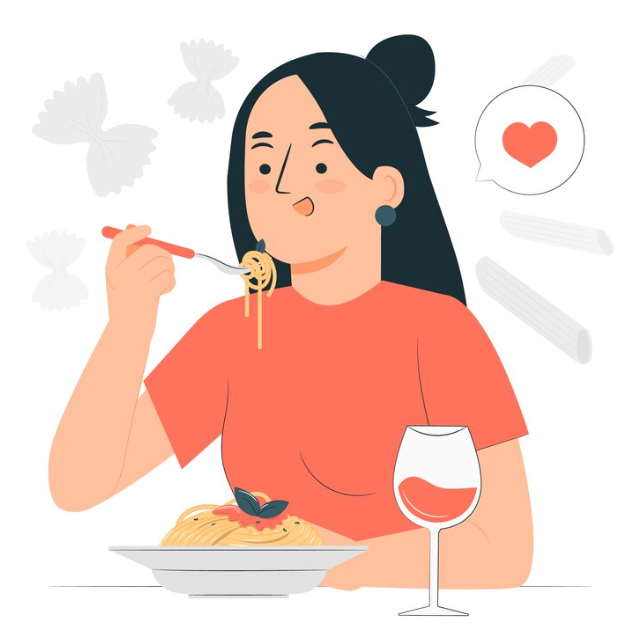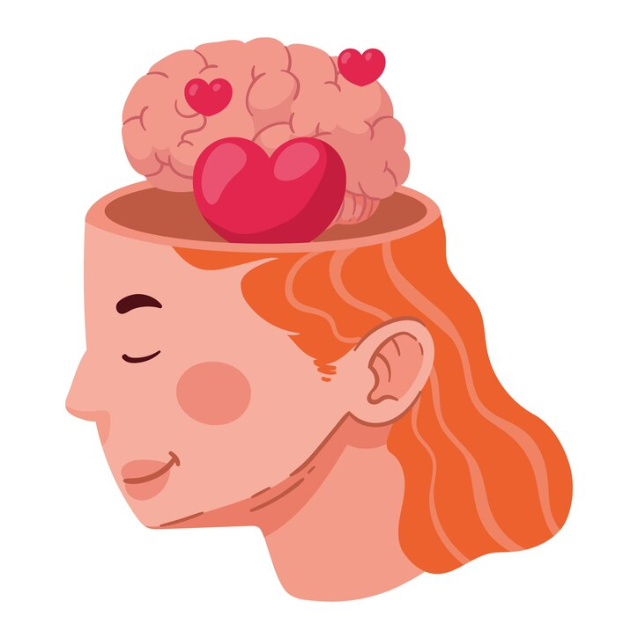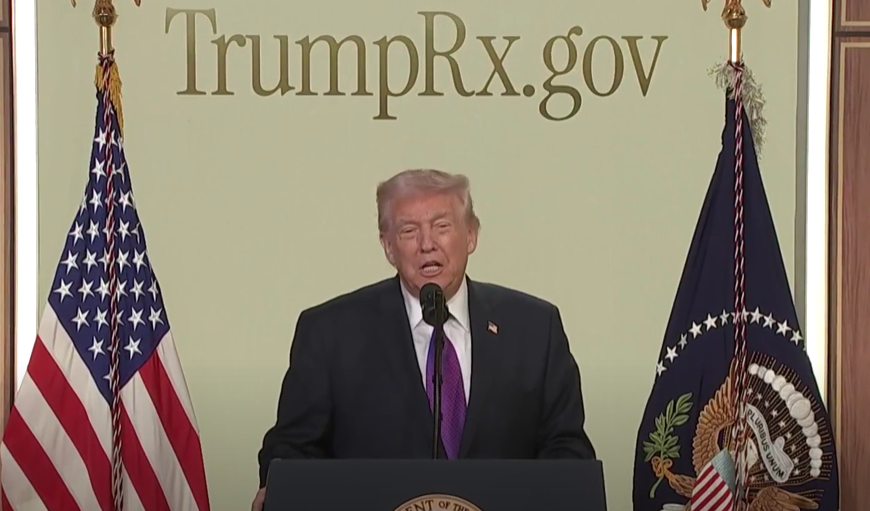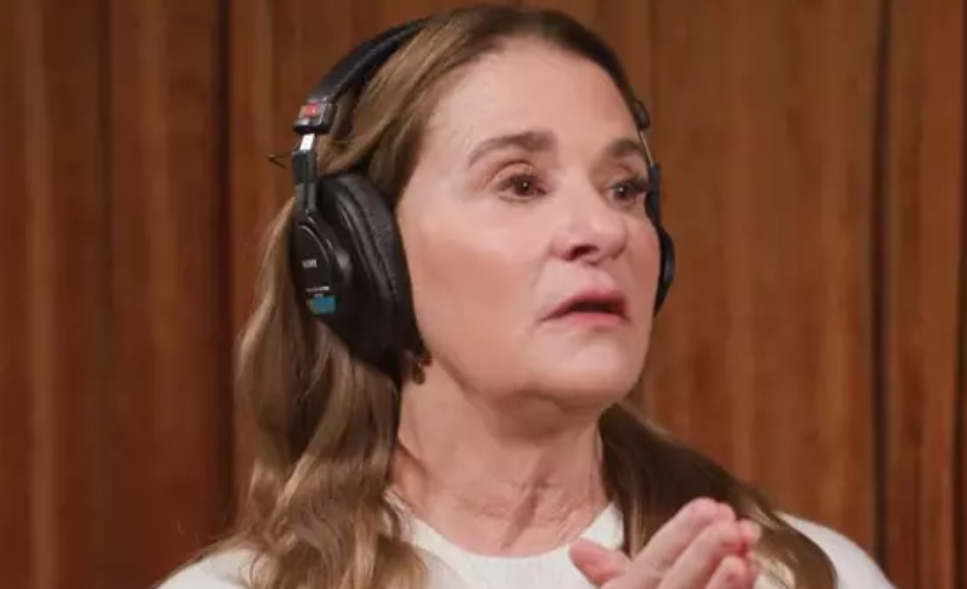Study Finds Women More Romantic on a Full Stomach

©️ prostooleh / Freepik
A new study suggests that women may be more responsive to romance after eating, providing a scientific basis for the age-old saying that the way to someone’s heart is through their stomach. This article delves a bit deeper into the eating effect on female desire.
Study Overview: Eating Effect on Female Desire
The study, published in the journal Appetite, was led by Dr. Alice Ely, now a postdoctoral fellow at the University of California, San Diego. Ely and her colleagues investigated whether a woman’s hunger state influences her responsiveness to romantic stimuli. This research builds on Ely’s previous work exploring how women’s brains react to images of fatty foods depending on their hunger status and dieting history.

Methodology
The study involved 20 young women of normal weight, split into two groups: those who had dieted at least twice in the past and those who had never dieted. All participants fasted for eight hours before undergoing an fMRI scan while viewing romantic and neutral images. After this initial scan, they consumed a 500-calorie meal replacement drink and then had a second scan while viewing the same images.
Key Findings: Eating Effect on Female Desire
The results were striking:
Romantic Responsiveness: Post-meal, the women displayed heightened brain activity in response to romantic images compared to when they were hungry.
Dieting History: Women with a history of dieting showed particularly strong responses to romantic cues after eating. This aligns with previous findings that dieters exhibit stronger brain responses to food rewards even after eating, suggesting a broader sensitivity to rewards in general.
Dr. Ely theorizes that hunger might make individuals anxious and irritable, thus focusing their attention on obtaining food. Once satiated, they can shift their focus to other rewarding stimuli, such as romance.
“We found that young women both with and without a history of dieting had greater brain activation in response to romantic pictures in reward-related neural regions after having eaten than when hungry,” said Ely.

Expert Opinions
Traci Mann, a psychology professor at the University of Minnesota and a dieting researcher not involved in the study, supports these findings. She notes that fasting can preoccupy individuals with thoughts of food, making it difficult to focus on other rewards.
Implications
These findings provide a fascinating glimpse into the interplay between hunger and romantic desire, highlighting how physiological states can influence emotional and psychological responses. While the study is a small pilot and further research is needed, it opens new avenues for understanding human behavior and relationships.
“This data suggests that eating may prime or sensitize young women to rewards beyond food. It also supports a shared neurocircuitry for food and sex,” claimed Dr. Ely.
“The pattern of response was similar to historical dieter’s activation when viewing highly palatable food cues, and is consistent with research showing overlapping brain-based responses to sex, drugs and food,” added she.

This research offers an intriguing perspective on the connection between food and romance, suggesting that a good meal might be the perfect start to a romantic evening. Whether you are planning a date or simply interested in the science of desire, these findings are food for thought.
You may also like: This Woman Has Eaten Only Pizza Every Day for 31 Years


